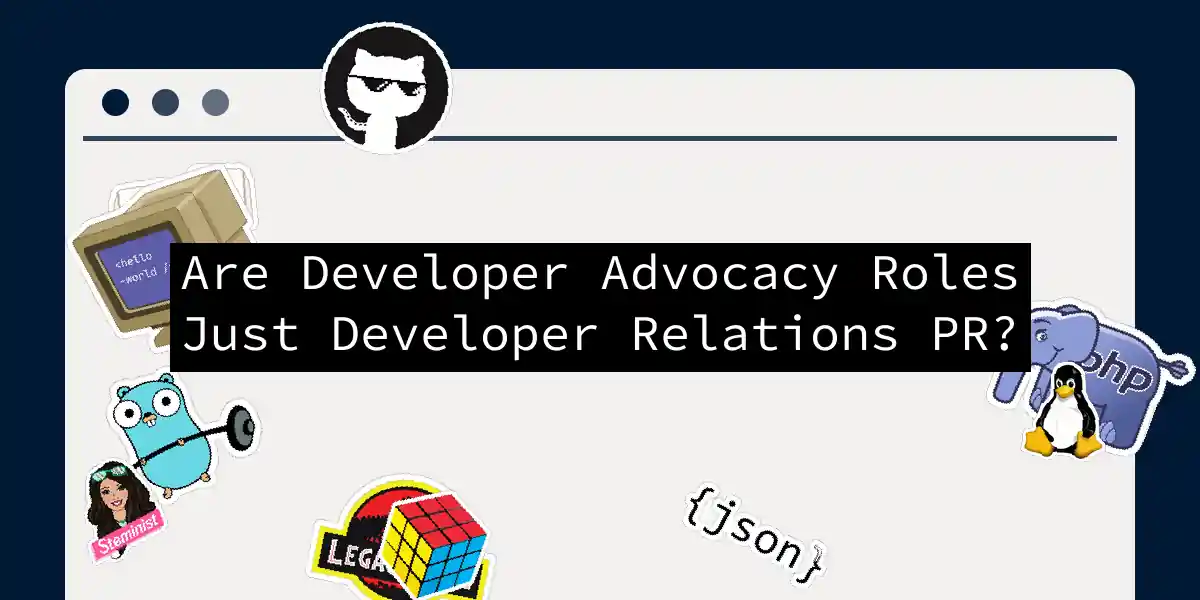
Are Developer Advocacy Roles Just Developer Relations PR?
Introduction In the ever-evolving landscape of tech, the roles of Developer Advocacy and Developer Relations have become increasingly prominent. But are these roles just fancy titles for Public Relations (PR)? This question sparks a lively debate within the tech community, and in this article, we’ll dive deep into the nuances of these roles, exploring their similarities, differences, and the unique value they bring to organizations. Developer Advocacy vs. Developer Relations What is Developer Advocacy?...
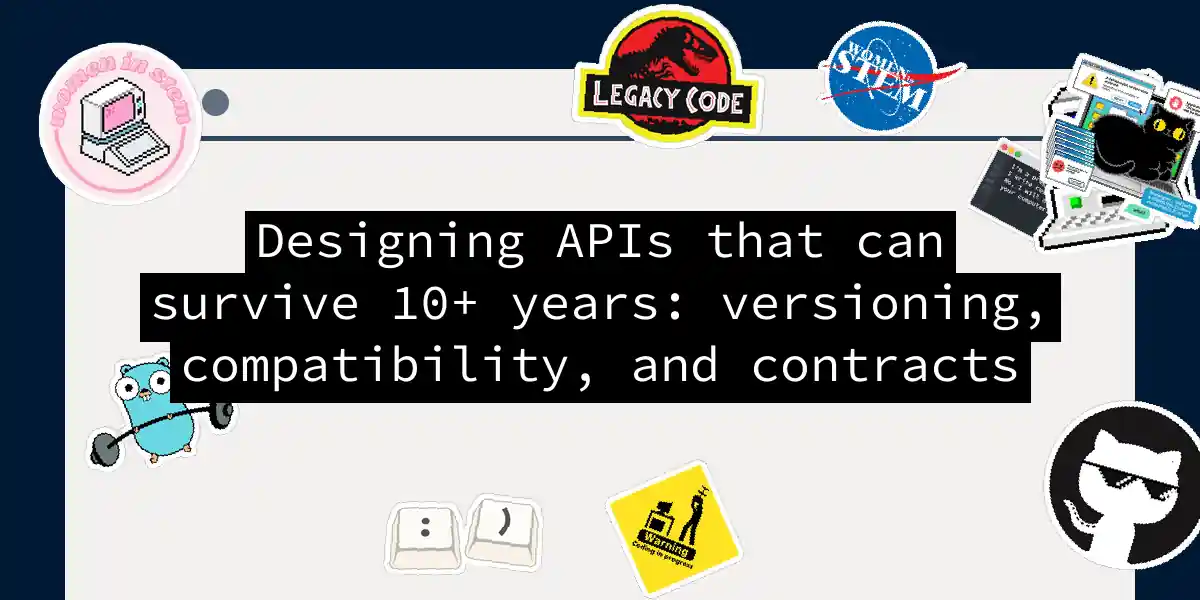
Designing APIs that can survive 10+ years: versioning, compatibility, and contracts
Designing APIs that stand the test of time is no small feat. In this article, we’ll dive deep into the world of API design, focusing on versioning, compatibility, and contracts. We’ll explore best practices, provide code examples, and offer step-by-step instructions to help you create APIs that can withstand the test of time. Versioning: The Art of Evolution Versioning is a critical aspect of API design. It allows you to make changes to your API without breaking existing clients....
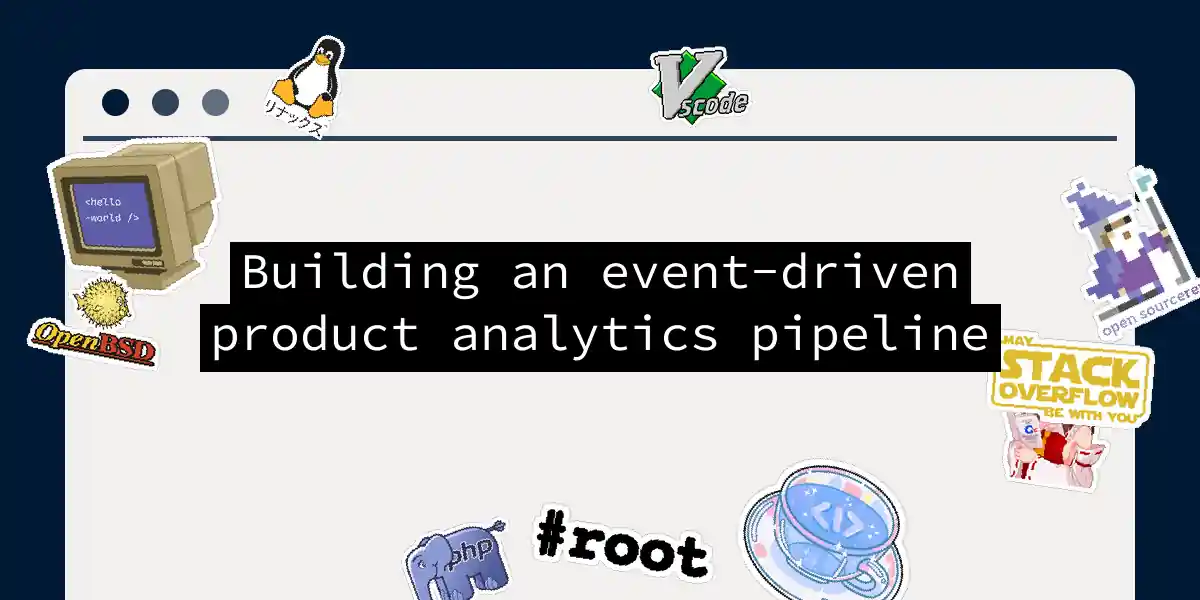
Building an event-driven product analytics pipeline
Introduction In the fast-paced world of product development, understanding user behavior is key to staying ahead of the competition. An event-driven product analytics pipeline allows you to collect, process, and analyze user interactions in real-time, providing valuable insights that can drive business decisions. In this article, we’ll explore the steps involved in building such a pipeline, complete with code examples and diagrams to help you visualize the process. What is an Event-Driven Product Analytics Pipeline?...
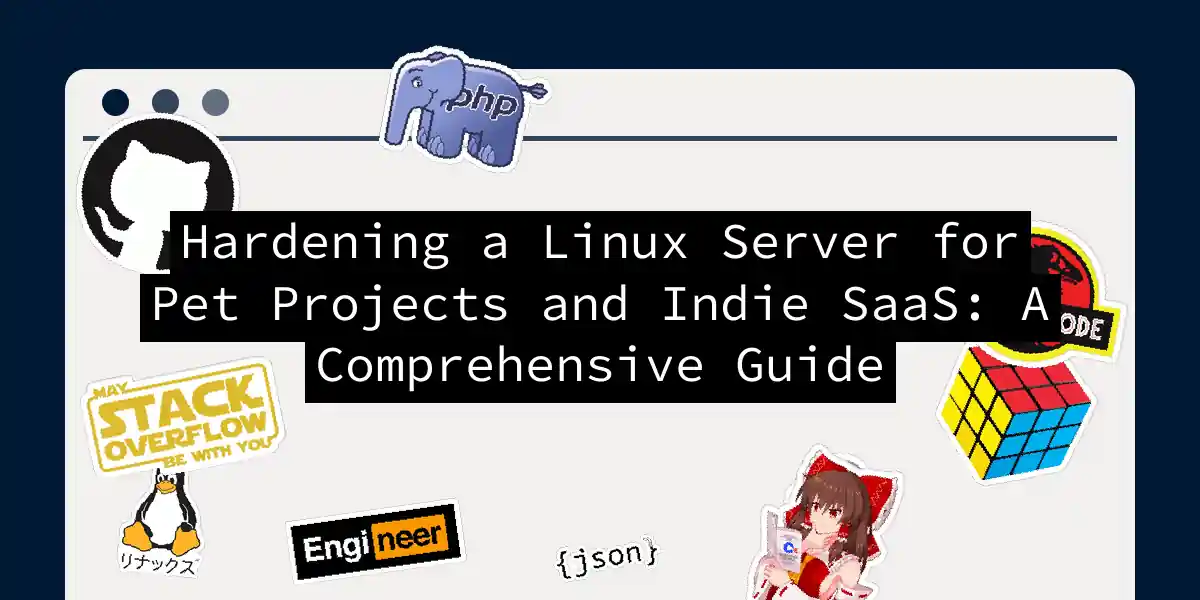
Hardening a Linux Server for Pet Projects and Indie SaaS: A Comprehensive Guide
Introduction Welcome to the world of Linux server hardening! If you’re running pet projects or indie SaaS applications, securing your server is not just an option—it’s a necessity. In this article, we’ll dive deep into the process of hardening a Linux server, providing you with step-by-step instructions and code examples to fortify your system against potential threats. Why Hardening Matters Hardening your Linux server is crucial for several reasons: Security: Protect your applications and data from unauthorized access and malicious attacks....
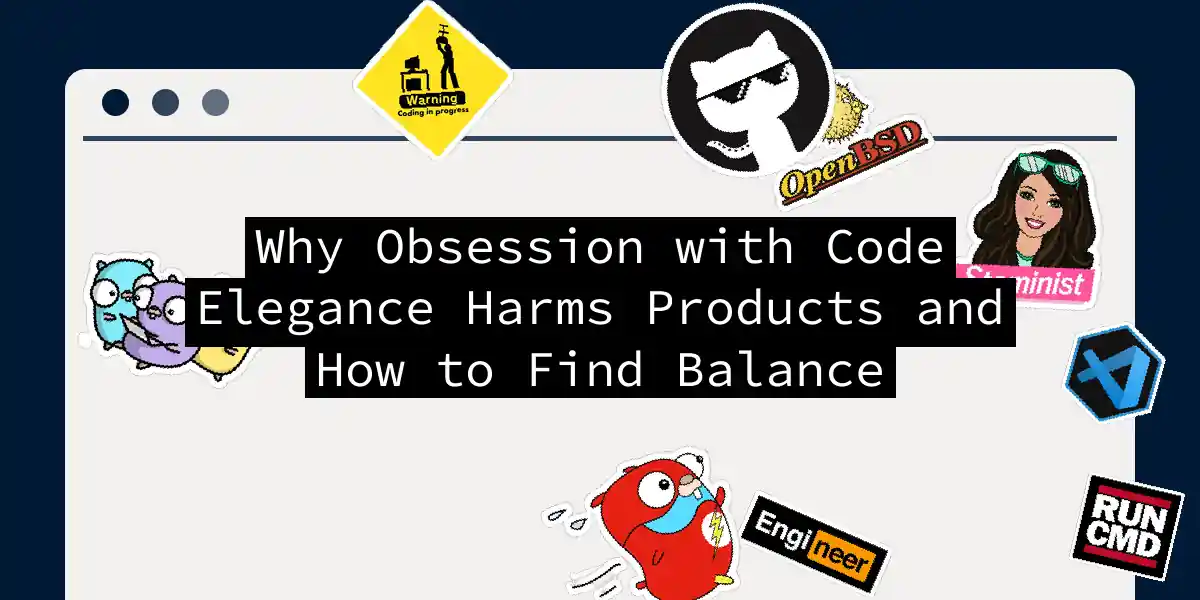
Why Obsession with Code Elegance Harms Products and How to Find Balance
The Pursuit of Elegance: A Double-Edged Sword In the realm of software development, the quest for elegant code is akin to a holy grail. Developers often find themselves lost in the maze of perfecting their craft, striving for that elusive elegance that whispers of simplicity and efficiency. However, like any powerful force, this pursuit can have its downsides. In this article, we’ll explore why an obsession with code elegance can sometimes harm products and how to strike the right balance....